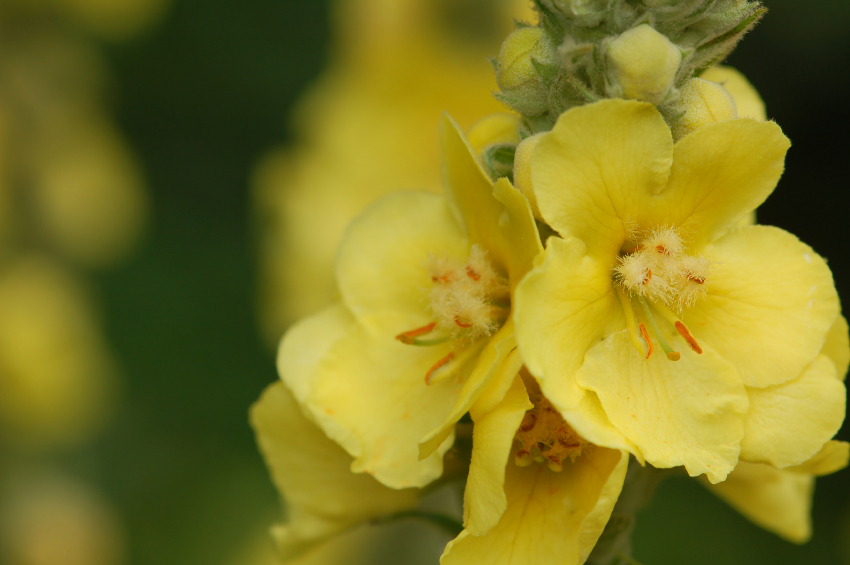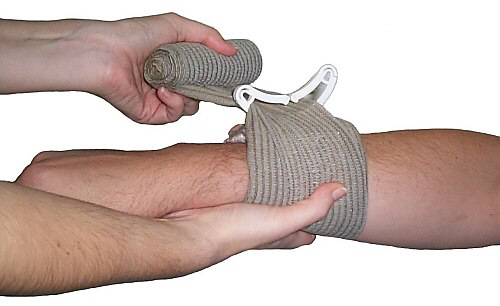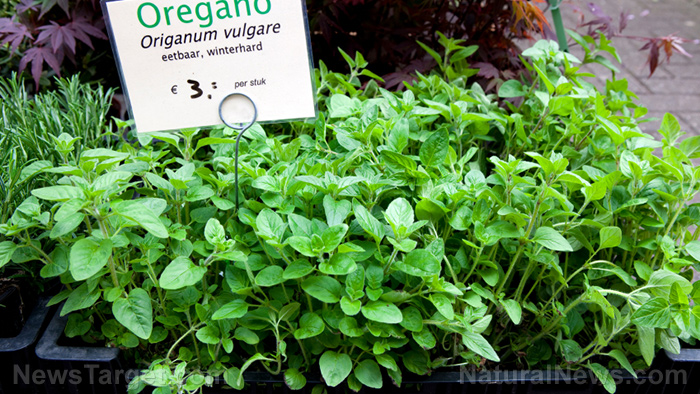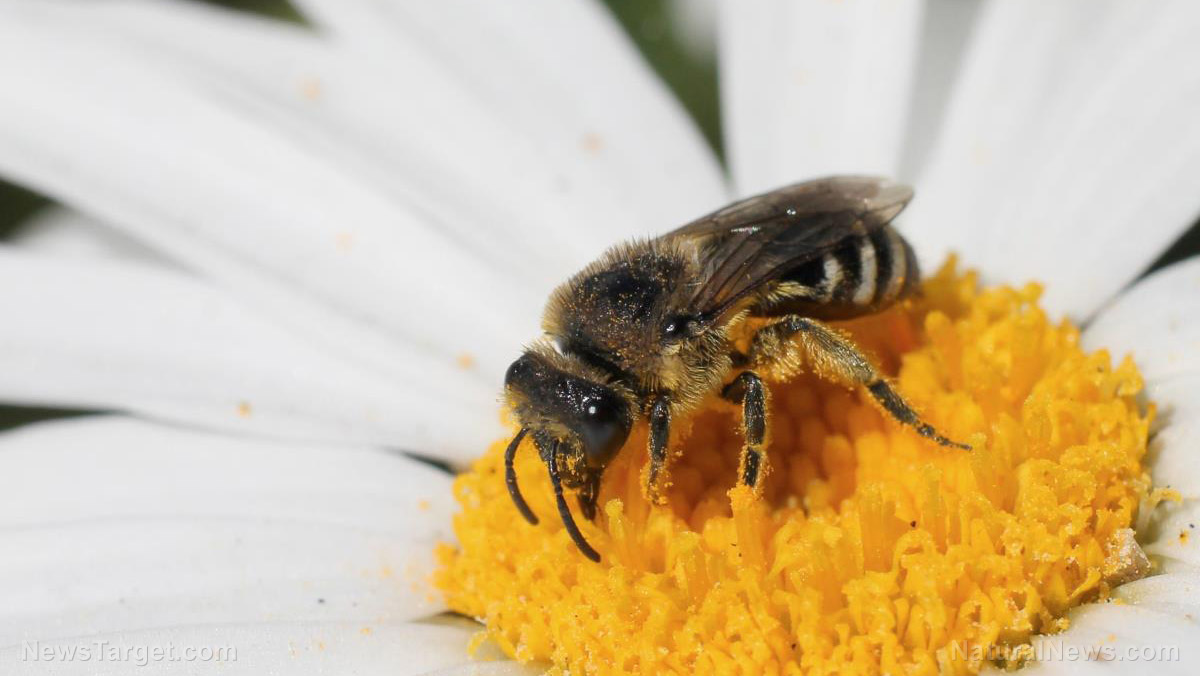8 Medicinal uses of mullein that can help you in a survival situation
08/05/2018 / By Rhonda Johansson

Mullein is a backyard weed that was used by native Americans for their medicinal properties. This fascinating plant is known by multiple names such as “Jupiter’s staff,” “Aaron’s rod,” “Jacob’s staff,” and “Flannel leaf.” Though botanists describe mullein as invasive and terribly difficult to eradicate, the weed can be used by preppers during emergency situations. Practically all parts, from root to tip, can be used to alleviate a variety of symptoms and conditions. They can be made into oil, tinctures, teas, or applied as a poultice. Eight medicinal uses of mullein are described below.
- Nature’s narcotic — Mullein is a natural pain reliever. Taken as a tea, the mullein leaf boosts the immune system by promoting cell growth. The antioxidant properties of mullein repair cells as well, which soothes pain. Mullein leaf extract can also be used to address painful urination. The herb is noted to be a strong diuretic and is used by alternative medicine practitioners as a treatment for various gastrointestinal problems. Unlike common prescription medicine, mullein is not known to have any side-effects.
- Fights flu — The hairy plant is the go-to remedy for the flu. The leaves have demulcent properties which help decongest the body of excess mucus. Native Americans used to smoke the leaves as well and claimed its effectiveness in lessening asthma symptoms.
- Interrupts inflammation — The main use of mullein is as an anti-inflammatory. Studies that have observed the pharmacology profile of the herb have concluded that mullein can be used to effectively treat conditions caused by inflammation. Compounds within the plant are able to repair DNA and decrease the severity of some respiratory tract and digestive conditions. Mullein oil can be applied directly on burned or inflamed skin for immediate relief.
- Controls colds — Mullein can be used as an expectorant. Those who are suffering from a stuffy nose or blocked sinuses can take lozenges that contain mullein to remove excess phlegm.
- Soothes sleep — The herb has a relaxing effect on the body. Take it as a tea to lessen stress and anxiety. Mullein can also be used to minimize muscle cramps and reduce blood pressure. The plant is sometimes recommended to help with chronic insomnia.
- Heals hemorrhoids — Ground mullein can be made into a poultice. This can be directly applied to the hemorrhoids to reduce swelling and irritation. People should conduct an allergy test before attempting to place a mullein paste on their anus, however. The tiny hairs found on the plant may cause an allergic reaction.
- Eases ear infections — Mullein oil can be used by parents to reduce ear pain in children. Again, the anti-inflammatory properties found in the plant help fight off infections while reducing pain.
- Relieves respiratory issues — The plant can be used for various respiratory conditions. A common way to receive the benefits of mullein is to steep both the flowers and root in hot water and drink the liquid as a tea. The warm beverage can soothe sore throats and can help with coughing and spasms.
Most likely, you’ve already seen mullein in your backyard, although you may not have known what it was until now. The plant is a little unusual in looks, but it is characterized by its broad and hairy leaves. The stalk can grow quite tall and produces brilliantly yellow flowers. There are more than 300 species of the plant. Mullein thrives in hot and dry areas and can be typically found along road embankments and rocky highways. Here in America, we like to call them “cowboy toilet paper.”
Learn more about survival herbs at SurvivalMedicine.news.
Sources include:
Tagged Under: alternative medicine, alternative treatments, herbal medicine, Herbs, homesteading, medicinal herbs, mullein, natural remedies, Off Grid living, prepping, survival, survival medicine








